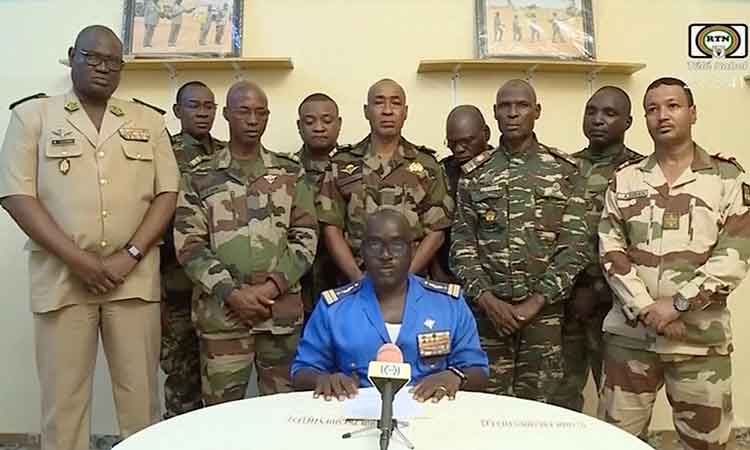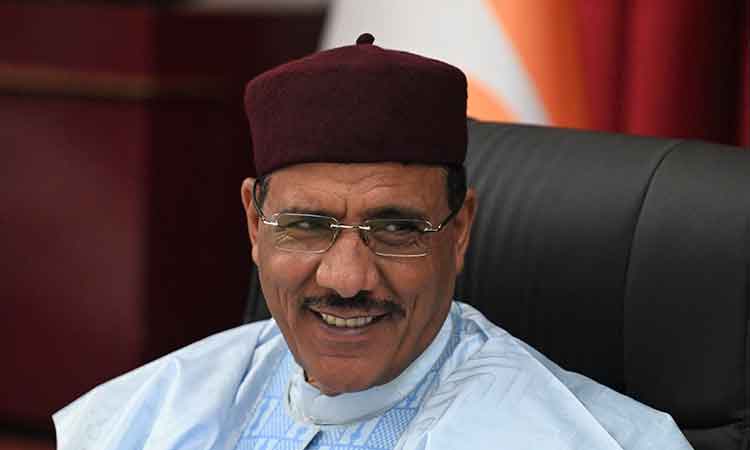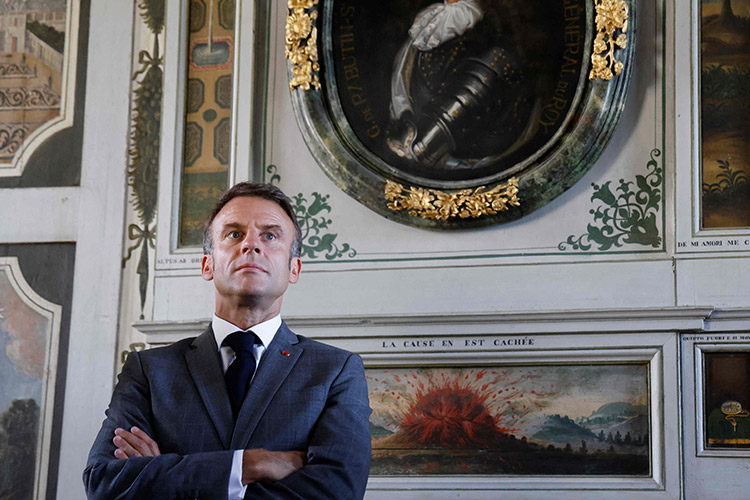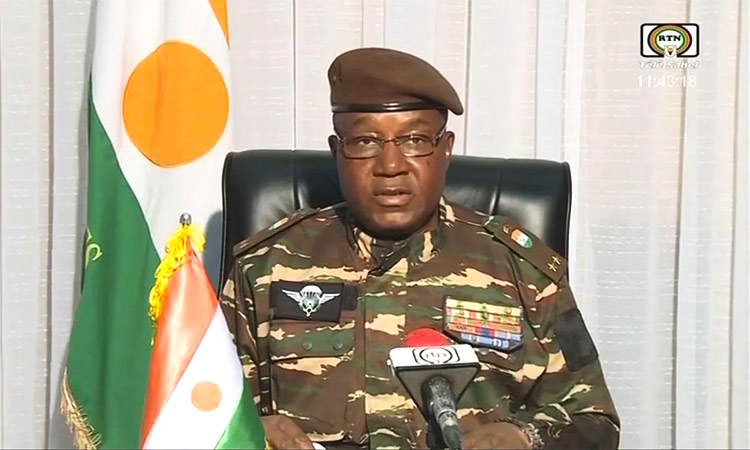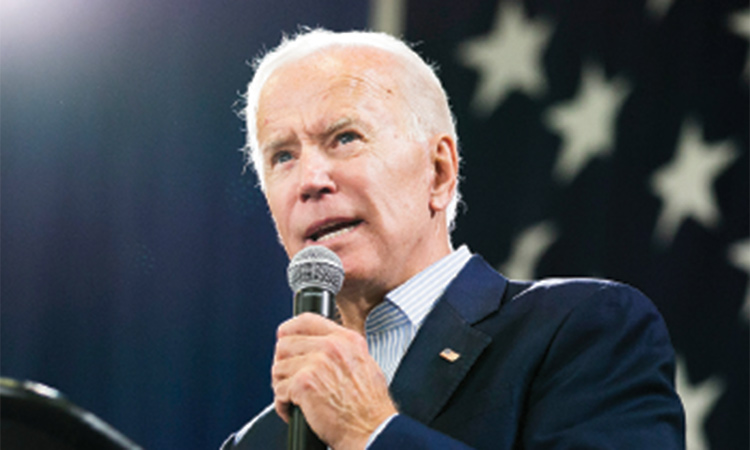Crisis in Niger gets more complicated
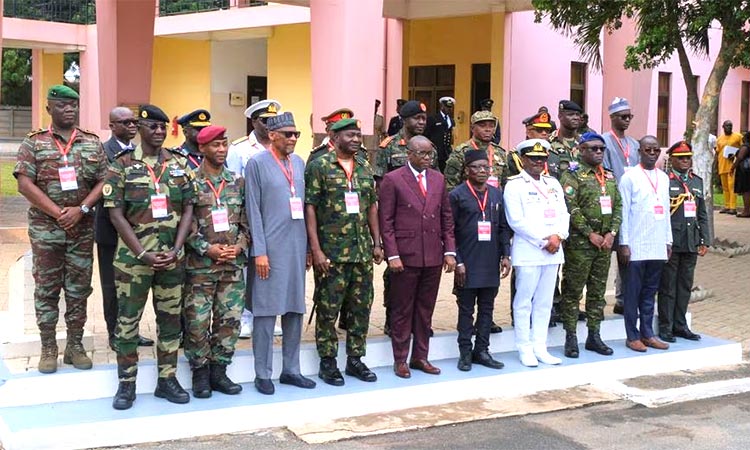
ECOWAS Committee of Chiefs of Defense staff pose for a group photo at the headquarters of the Ghana Armed Forces as they meet on the deployment of its standby force in the Republic of Niger, in Accra, Ghana. Reuters
A gathering of the army chiefs of ECOWAS meeting in Accra, the capital of Ghana, have expressed their determination not to accept the coup as a fait accompli. Of course, the resort to intervention through force would be a last resort, after all diplomatic ways have been exhausted.
Abdel-Fatau Musah, an ECOWAS commissioner for political affairs and security, said at the meeting of the army chiefs on Thursday, “Let no one be in doubt that if everything fails the valiant forces of West Africa, both the military and the civilian components are ready to answer to the call of duty. Meanwhile, we are still giving diplomacy a chance and the ball is in the court of the junta.”
That is indeed a clear and strong statement from ECOWAS. It would not however be the first time ECOWAS would take a step of this kind. It had intervened earlier in Liberia and Sierra Leone. Except for Cape Verde, and countries under military rule in the region which include Burkina Faso, Male and Guinea, ECOWAS is ready to put in place a multi-national force if the need arises for it. Ivory Coast, Benin and Nigeria are expected to contribute to the military mission.
It is perhaps not surprising that ECOWAS was not so concerned about military coups in Burkina Faso, Male and Guinea because these countries were already embroiled in a civil war situation. In Niger, the 2021 democratic election of the Bazoum government is considered a landmark in the political development of the region. There is also the fact that Niger has critical mineral resources like oil and uranium.
The situation is complicated. The military intervention that is being planned is being termed risky by military experts. Burkina Faso and Male have declared that military intervention in Niger would be considered a declaration of war against them. It reveals that there is a connect between the Niger junta and the military rulers in these two countries. There is trouble in Nigeria as some of the extreme religious groups are operating in parts of the country, and there is a fear of spillover from Niger if there is a military intervention.
And also, the African Union (AU) has to agree to the military operation by ECOWAS, and it is felt that the AU would not favour a military operation. The AU’s Peace and Security Council in its meeting at Ethiopia’s capital, Addis Ababa, on Wednesday has opposed the idea of military intervention. AU has however suspended Niger from AU activities.
The ECOWAS decision to gather a standby force is in alignment with the argument put forward by some experts that European intervention in Africa’s problems has only backfired, and that it would be better if Africans themselves get to solve African crises. But there is a need for extreme caution, whether it is a European or an African intervention in the troublesome politics in some of the West African countries, especially when it is armed intervention in the internal developments of a country. The rationale for such an intervention has to be that a coup in a country like Niger, Burkina Faso or Male disturbs regional peace and political stability. But both sides, ECOWAS and Niger’s coup members, are trying to talk to each other.
